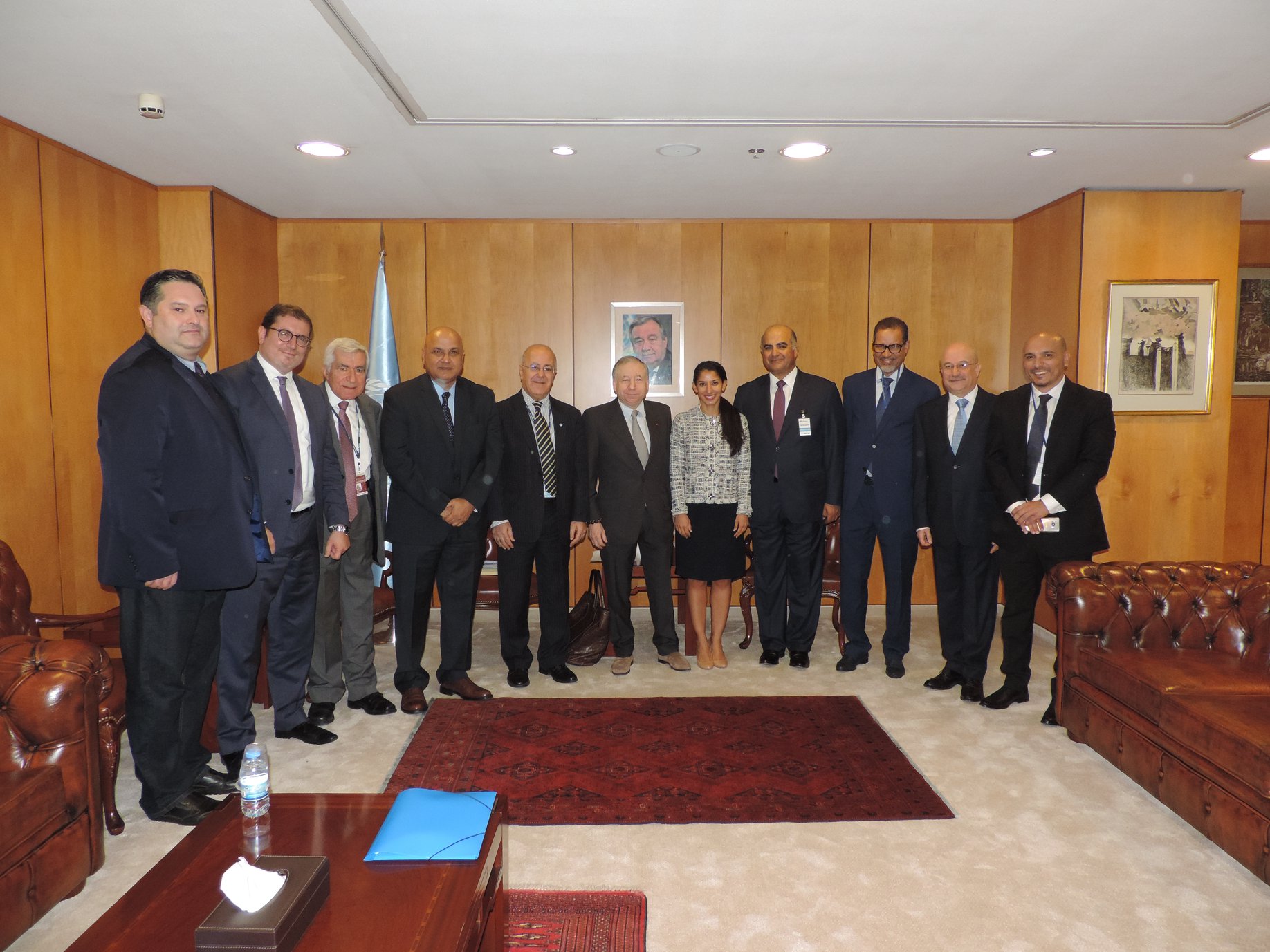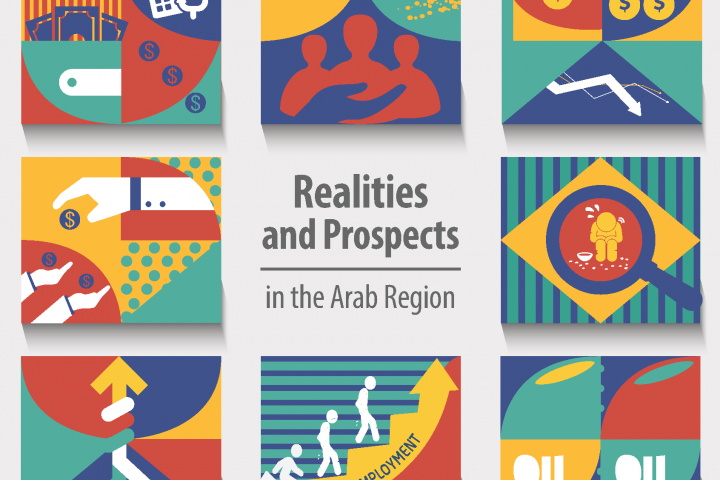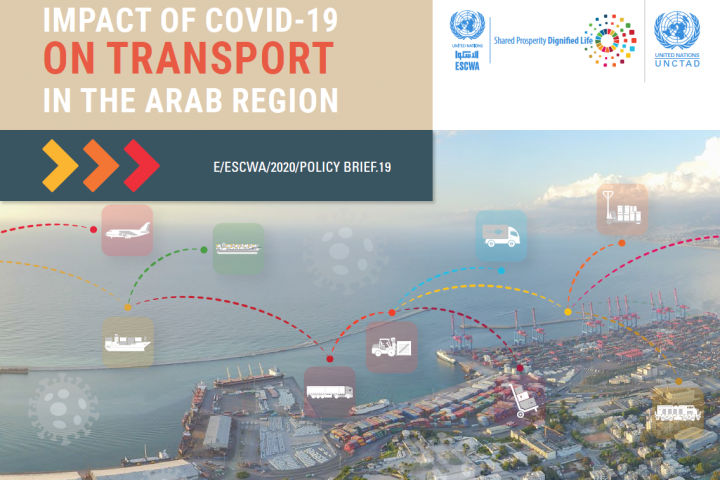Beirut, 28 November 2018 (Communication and Information Unit) – The number of road fatalities in the Arab region in 2013 increased by 1.05% compared with 2010, while it should have declined by 9.3% to achieve results consistent with the United Nations Road Safety Decade.
In this context, the Economic and Social Commission for Western Asia (ESCWA) held a regional workshop, in cooperation with the World Bank (WB) Group, on road safety management under the auspices of UN Special Envoy for Road Safety, Jean Todt, at the UN House in Beirut.
A number of recommendations were issued, most notably a proposal to establish a Regional Observatory that coordinates and facilitates national data, implement or activate national Systems for road safety management, including national lead agencies and coordination mechanisms, in addition to enhancing cooperation between various stakeholders.
Participants included in addition to Todt, WB Regional Director, Saroj Kumar Jah; Ramzi Salamah, Secretary of National Council for Road Safety (NRCS) in Lebanon and ESCWA Acting Executive Secretary, Mounir Tabet. Prior to the workshop, Todt and Tabet opened an exhibition to raise awareness about road safety issues such as the use of seatbelts and the consequences of getting distracted or being under the influence while driving.
The exhibition was held in association with Saint Joseph University in Beirut (USJ), the Internal Security Forces (ISF) of Lebanon, the Lebanese Red Cross, the Yaza and Kunhadi organizations, the George Khoriaty Foundation (GNK) and other government agencies as well as non-governmental organizations specialized in road safety.
Ramzi Salamah announced in his opening speech, that the necessary steps are being taken to establish a national road safety observatory in cooperation with the French government and with the support of the WB. “This observatory will be the official reference for the road crashes statistics and all matters related to road safety,” he explained.
"We also established a Road Safety Observatory in cooperation with private sector companies that will hopefully fill gaps in the region and attract researchers from various universities in Lebanon and interested parties,” he revealed.
UN envoy Jean Todt said: “While there is progress being made, in Lebanon and in all your countries, we cannot ignore that this region suffers from some of the highest road fatality rates.”
“Road crashes resulted in 72,000 deaths in 2013 in the region. It has an average fatality rate of 21 per 100,000, compared to world average of 17, and to EU rate of 5. Lebanon is at 23,” he continued.
In addition, a new Global Road Safety Status Report is expected to be issued next month by the World Health Organization (WHO). The report indicates that the number of road fatalities is only growing beyond 1.3 million each year and that road injuries will continue to be one of the leading causes of death for ages from 19 to 24.
Todt underlined that the impact of road crashes affects both national economies and households because a significant number of the victims are young, economically productive people, who are providing for their families and relatives.
Whilst Todt recognized that many countries in the region are experiencing challenges that often flood political priority and investment, he stressed: “It is our duty to demand attention to road safety because it too has consequences for the long-term security and safety of citizens. Furthermore, it has consequences for the long-term development of economies and generations.”
A recent World Bank study shows that if countries do not invest in road safety, they could lose a between 7 to 22 percent GDP growth potential over 24 years.
“The loss is significant,” he warned.
The United Nations Economic Commission for Europe (UNECE) established in April a first-ever UN Road Safety Trust Fund earlier this year aimed to strengthen national road safety systems, in the most affected countries. Since its launch in April it has already generated more than USD 17 million in contributions, and these figures are expected to grow in the coming years, according to Todt.
“Impact from the Fund will only be realized if international commitment is complemented by national investments in road safety,” he said.
Acting Executive Secretary, Mounir Tabet, said that ESCWA has been concerned with the issue of road safety since its establishment in 1973. He reiterated that for ESCWA, this is considered one of the basic components of the integrated transport system in the Arab countries and has devoted many regional workshops to it in addition to conducting frequent surveys to monitor the development of road safety in member countries.
During the workshop, ESCWA presented the results of the surveys conducted and the data found in the second half of 2018 on road safety management. The UNECE also presented the Global Framework for Road Safety Action Plan, in which regional and national action plans were to be developed in harmony.
“The experiences of developed countries that have achieved significant improvements in road safety prove that road accidents and their anticipated damage, are not necessarily a measure, which can be addressed and achieved through a series of integrated actions that emerge from comprehensive and continuous voluntary policies and fall within the framework of coherent action plans and long-term strategies,” said Tabet.
Ziad al-Nakat, senior WB transport specialist, said that the workshop is excellent in terms of raising awareness among Member States and participants, especially because of the great impact on the national economy in most countries in the Arab region. “It is a vision that is being shared about a regional initiative that will complement initiatives by governments at the national level.”
Al-Nakat pointed out that: “Funding is necessary to implement the road safety action plans, be it from the states’ or the international community.”
This workshop comes within the framework of the 19th meeting of the ESCWA Committee on Transport and Logistics, which started on Monday and emphasizes, in addition to road safety, on the urgent need for concerted Arab efforts to address the changes and their impact on the transport sector and the importance of maritime transport and the evaluation of Arab economic integration.
Several recommendations addressed to the ESCWA Secretariat were issued, including the continuation of its efforts to build partnerships with international and regional organizations working in the field of transport and logistics, and to continue to provide technical support to Member States and work and follow up on the efforts exerted to implement the regional national road safety observatory project.
A set of recommendations addressed to Member States were also issued, including pursuing efforts to improve the transport and logistics sector in the Arab States and facilitating trade by streamlining procedures.
For more information:
Nabil Abu-Dargham +961-70-99 31 44; email: dargham@un.org
Ms Rania Harb: +96170008879 harb1@un.org
Ms Mirna Mahfouz: +961-70-827372 mahfouz@un.org




